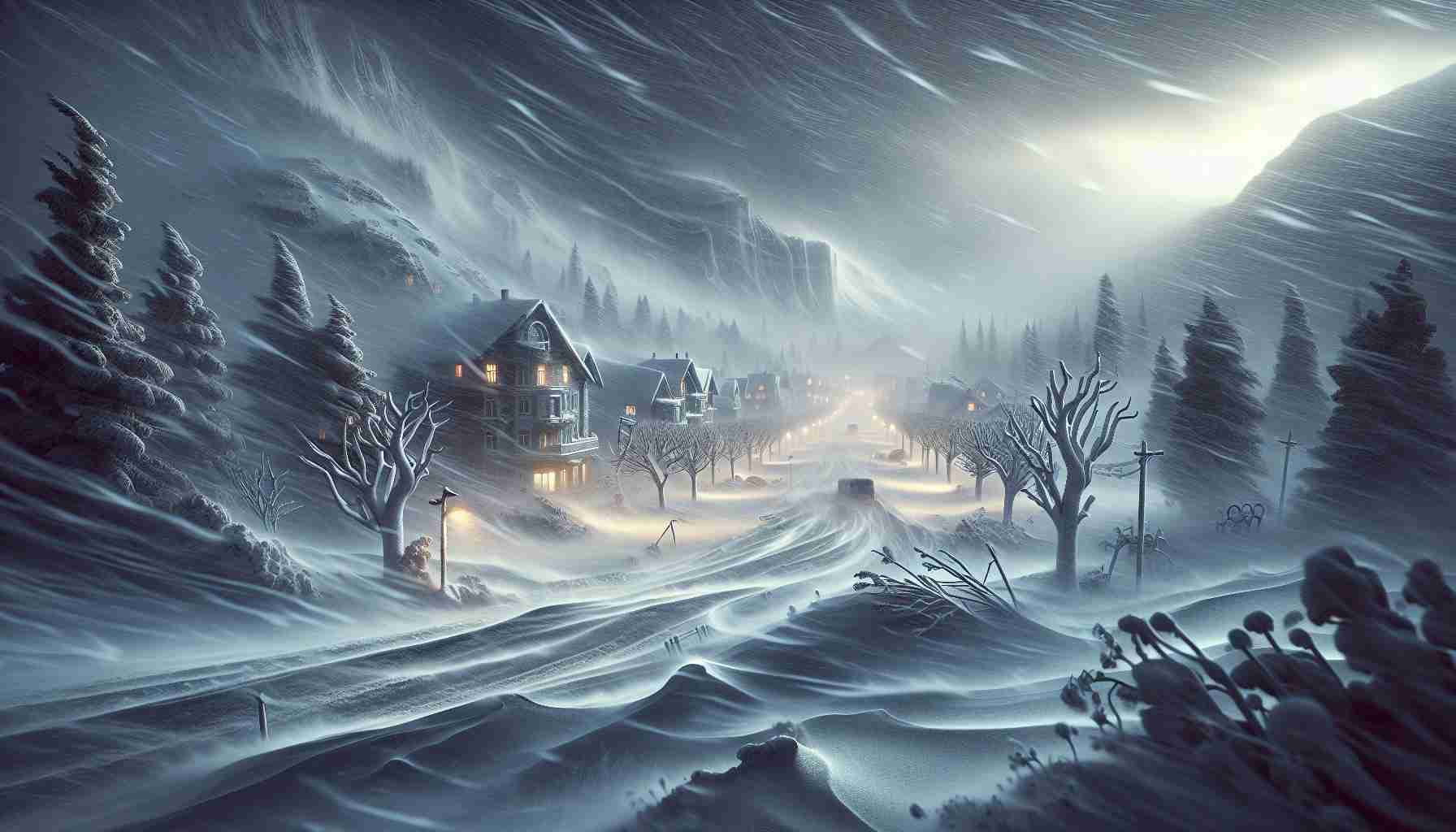- The Midwest and Northeast are experiencing severe winter conditions with dangerous ice and snow.
- Cleveland, Kansas, Washington D.C., Baltimore, Philadelphia, and New York City are heavily impacted by the storm.
- Road conditions are hazardous, leading to numerous car accidents, particularly in Kansas.
- The New Jersey Department of Transportation advises against unnecessary travel and encourages caution on the roads.
- Weather conditions are expected to change, with rain forecasted for many areas, but snow and ice will persist in New England.
- Additional winter weather is anticipated over the weekend, potentially affecting the Upper Midwest and I-95 corridor.
The Midwest and Northeast are feeling the brunt of a fierce winter storm that has unleashed an icy fury upon millions. Streets in Cleveland are cloaked in a treacherous layer of ice, as power lines sag under the weight, and trees dangerously bow beneath the freezing rain. Kansas is grappling with hazardous road conditions that have led to a spate of car accidents.
As the night progressed, Washington D.C., Baltimore, and Philadelphia were caught in the storm’s icy grip, while New York City woke up to a blanket of snow that transformed morning commutes into a daunting challenge. In the heart of Brooklyn, residents braved the elements, umbrellas in hand, as snow and sleet combined for a slick and slippery stroll.
Throughout the chaos, the New Jersey Department of Transportation urged drivers to stay off the roads unless absolutely necessary. When venturing out, they were warned to slow down and maintain distance from snowplows working tirelessly to clear the way.
As the day unfolds, an impending shift in weather will bring rain to many areas, but New England, including Boston, will see the storm linger with a mix of snow and ice into the afternoon. Looking ahead, another wave of winter weather is predicted for the upcoming weekend, threatening to coat parts of the Upper Midwest and the bustling I-95 corridor with fresh layers of freezing precipitation.
Takeaway: Stay safe, stay informed, and avoid travel unless absolutely necessary during these perilous winter conditions!
Winter Storm Impact: What You Need to Know!
Current Situation
The recent winter storm has brought severe weather conditions, particularly impacting states in the Midwest and Northeast. The aftermath includes icy streets and hazardous travel conditions that have the potential to cause accidents and power outages. Here are some key updates and additional information regarding the current winter weather situation.
Key Highlights and Insights
– Severe Weather Mechanism: The storm’s trajectory has resulted from a low-pressure system meeting cold air masses from the north, which is common during winter months. This specific combination is leading to freezing rain and heavy snowfall in several regions.
– Power Outages: Many areas have reported widespread power outages due to ice accumulation on power lines. Reports indicate that utility companies are actively working to restore power, but those efforts are hampered by treacherous conditions.
– Forecast: As the weather changes, warmer air is expected to push into the affected regions, which may alleviate some of the icy conditions but could lead to flooding in areas where snow begins to melt rapidly.
Pros and Cons of Current Conditions
Pros:
– Snowfall Benefits: For some areas, the snowfall is beneficial for water supply reservoirs, helping to replenish vital water resources.
– Winter Sports: Ski resorts are seeing a boost in visitors due to favorable snow conditions for winter sports activities.
Cons:
– Dangerous Road Conditions: The ice and snow create hazardous driving conditions, increasing the risk of accidents significantly.
– Inconvenience: Many residents are facing disruptions to daily life, including transportation challenges and disrupted utility services.
Predictions and Trends
– Weather models suggest that additional storms are expected throughout the winter season, leading to ongoing patterns of icy weather interspersed with thawing conditions. With climate change, the frequency and intensity of such winter storms may continue to escalate in the future.
Important Questions Answered
1. How should residents prepare for continued winter weather?
– Residents are advised to stock up on essential supplies, keep a battery-operated radio tuned for updates, and have an emergency kit ready in case of power outages.
2. What are the best safety practices when traveling during winter storms?
– To stay safe, drive only when necessary, reduce speed, maintain a safe distance from other vehicles, and ensure your vehicle is equipped with winter gear like snow tires and emergency supplies.
3. What impact does freezing rain have compared to snow?
– Freezing rain creates a slick glaze on roads and surfaces that can be more dangerous than snow, which can be easier to plow and manage. The weight of ice can also cause power outages and tree damage.
For more information about weather conditions and safety tips, visit Weather.com.
